U.S. Court Orders BBC to Release Footage
Can an American court order a foreign media outlet to hand over unbroadcasted journalistic material? A New York judge says yes. The BBC has until Oct. 1 to appeal or disclose 10-year-old footage of interviews with an alleged terrorist and the chief of a political group founded by deceased Palestinian leader Yasser Arafat.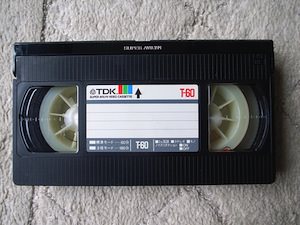
Can an American court order a foreign media outlet to hand over unbroadcasted journalistic material? A New York judge says yes. The BBC has until Oct. 1 to appeal or disclose 10-year-old footage of interviews with an alleged terrorist and the chief of a political group founded by deceased Palestinian leader Yasser Arafat.
Lawyers representing victims and relatives of people killed in suicide attacks around Jerusalem suspect the footage contains “smoking gun” evidence that would pin the bombings on the Palestinian Authority and the Palestine Liberation Organization.
The BBC said no, arguing that complying with the demand would diminish its editorial integrity by compromising its independence, thus making it more difficult to gain the trust of embattled individuals and groups it needs to interview to gather news.
The material in question pertains to interviews with Ata Abu Rumaileh, the leader of the political party Fatah in the Palestinian territory of Jenin, and Zakaria Zubaidi, a supposed leader of the Al Aqsa Martyrs Brigade that operated in the West Bank. A broadcasted section of the BBC program claims the two men elsewhere described Al Aqsa as part of Fatah and under the control of Arafat, then the president of the Palestinian Authority.
If a connection between Fatah and Al Aqsa can be argued, then under U.S. law, the Palestinian leadership will be liable for deaths and other damage caused by the 128 suicide attacks that took place in Jerusalem and other Israeli cities throughout the early 2000s.
This effort by an American court to seize the property of a foreign media outlet is just one of many in a disturbing number of attempts to compel journalists to surrender themselves to state authority. Broadcasters receive 10 subpoenas for information for each one sent to newspapers, The Independent reports.
— Posted by Alexander Reed Kelly.
Your support matters…The Independent:
In a ruling obtained by The Independent, the American judge said he was “sceptical” that the unbroadcasted footage would provide the proof sought but threw out the Corporation’s objection, saying the recordings were not confidential and not covered by “journalistic privilege” designed to protect reporters’ investigations.
Judge Ronald Ellis said: “The outtakes are not confidential material because the BBC is free to disseminate any portions of the interviews… Although the court is sceptical of a ‘smoking gun’ presenting itself in these outtakes, the standard for relevance to overcome the journalistic privilege is low and the outtakes meet this lower standard.”
Independent journalism is under threat and overshadowed by heavily funded mainstream media.
You can help level the playing field. Become a member.
Your tax-deductible contribution keeps us digging beneath the headlines to give you thought-provoking, investigative reporting and analysis that unearths what's really happening- without compromise.
Give today to support our courageous, independent journalists.


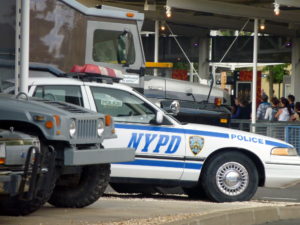
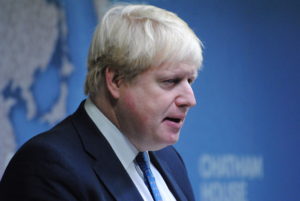
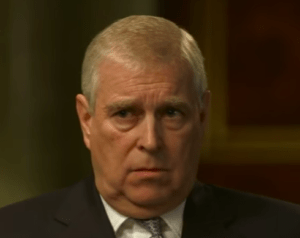
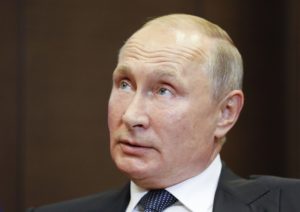
You need to be a supporter to comment.
There are currently no responses to this article.
Be the first to respond.